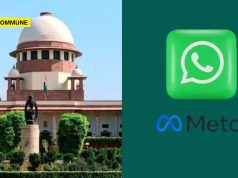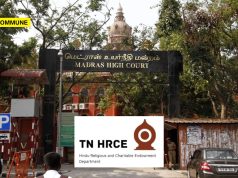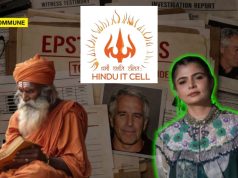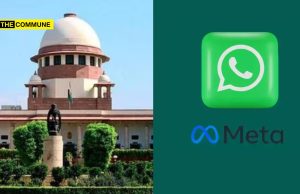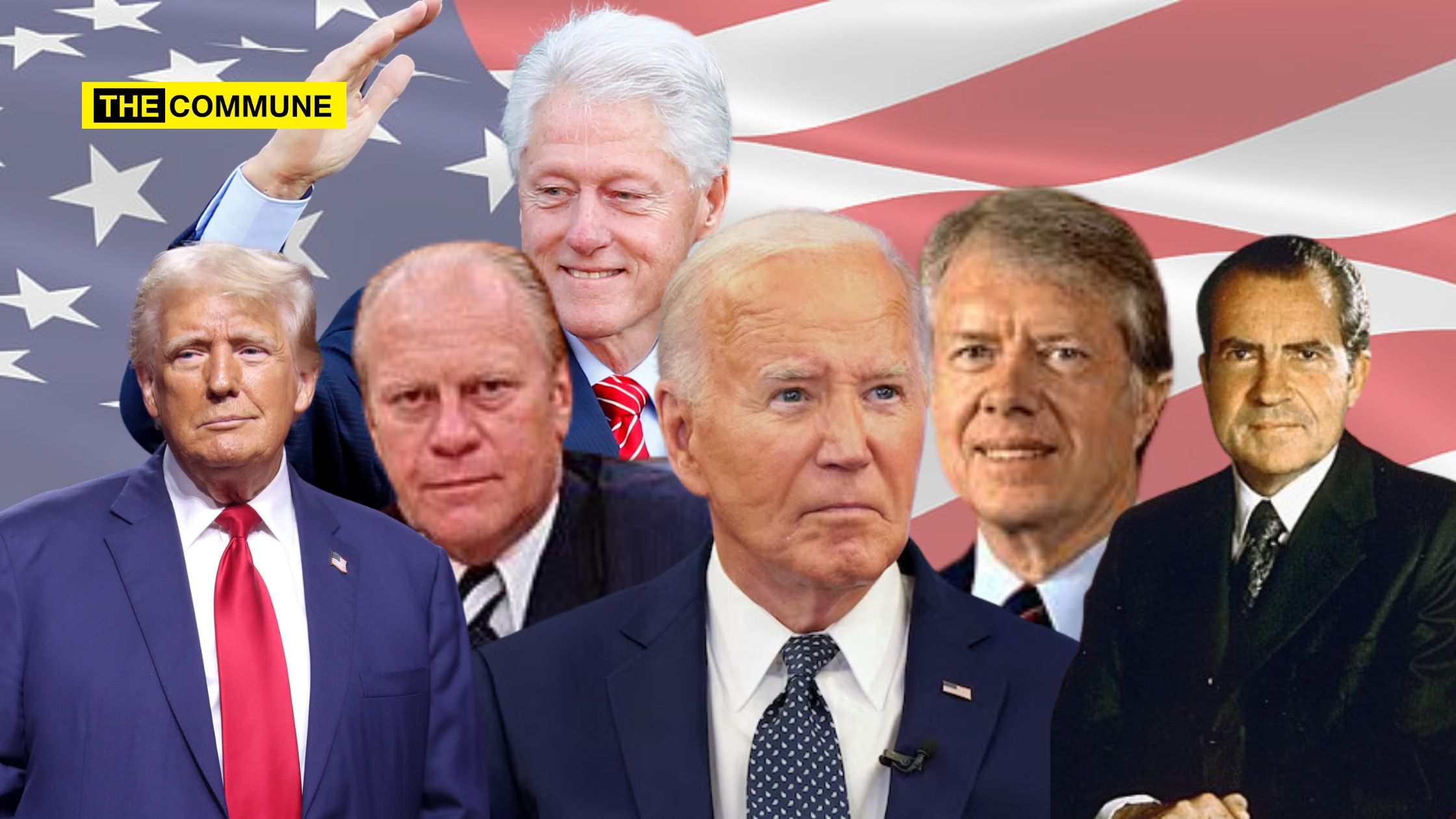
The United States, often profected as a global beacon of democracy and justice, has a troubling history of its leaders abusing political power for personal gain. While American politicians are quick to lecture other nations about corruption, their own record reveals a pattern of privilege and impunity for their families and allies.
The Biden Family Saga
Hunter Biden, son of President Joe Biden, has been embroiled in numerous controversies, including criminal charges. Yet, President Biden has used his authority to shield his son from accountability, granting him a pardon and effectively wiping his slate clean. Hunter Biden, who was facing sentencing for tax fraud and gun-related charges. The move comes after Biden had repeatedly stated he would not pardon his son, citing respect for the justice system. Hunter Biden, the first child of a sitting U.S. president to be convicted of a crime, pleaded guilty to tax charges in September and was found guilty of possessing a gun as an illegal drug user in June. He faced up to 42 years in prison before the pardon.
In his statement, President Biden defended the decision, claiming his son was unfairly targeted for political reasons and calling the prosecutions a “miscarriage of justice.” Hunter Biden, who has been sober for over five years, expressed gratitude and vowed to use his second chance to help others struggling with addiction.
This blatant use of presidential power not only raises questions about corruption at the highest levels but also undermines the very ideals of justice that the U.S. claims to champion.
This is Hunter Biden
He is a convicted criminal
Today his daddy Joe Biden has officially pardoned all his crimes
This is the level of corruption in America
But Soros funded liberals want us to believe that American courts are fighting corruption in India! pic.twitter.com/JueddSMfD4
— Abhishek (@AbhishBanerj) December 2, 2024
The Clinton Era Scandals
Such abuses of power are not new in American politics. On his final day in office in January 2001, President Bill Clinton issued a pardon for his half-brother, Roger Clinton. Roger had been convicted in 1985 of drug-related charges, specifically cocaine distribution, and served over a year in prison. The pardon wiped his record clean, though Roger continued to face legal troubles, including a drunk driving arrest shortly after the pardon. Rather than face the consequences of his actions, Roger Clinton was pardoned by his brother, transforming him from a convicted criminal to a “model citizen” in a matter of minutes. This act of political favoritism set a dangerous precedent, eroding trust in the justice system.
The Clintons’ misuse of power didn’t stop there. Roger Clinton reportedly attempted to sell a presidential pardon to an Italian mafia boss, a scandal that gained public attention and forced Bill Clinton to backtrack. While the pardon was ultimately not granted, the mere attempt highlights the level of corruption that can flourish when power is concentrated in the hands of a few.
Clinton’s actions, which included lobbying for other pardons, reportedly earned him the Secret Service codename “headache” due to the embarrassment he caused his brother.
Clinton’s Acquittal Following Sex Scandal
In December 1998, President Bill Clinton faced impeachment in the House of Representatives over allegations of perjury and obstruction of justice related to his extramarital affair with Monica Lewinsky. After the House approved two articles of impeachment, a trial was held in the Senate, where a two-thirds majority vote was required for conviction and removal from office. Despite intense partisan divisions, Clinton was acquitted on both charges after neither count received the necessary 67 votes.
All Democratic senators voted to acquit, and a small group of moderate Republicans joined them, citing insufficient grounds for removal. For the perjury charge, 10 Republican senators voted for acquittal, while five voted similarly for the obstruction of justice charge. Clinton’s acquittal allowed him to complete his presidency, although the scandal left a lasting impact on his legacy.
Donald Trump Pardons Jared Kushner’s Father
In December 2020, then-President Donald Trump pardoned Charles Kushner, the father of his son-in-law, Jared Kushner. Charles Kushner, a prominent real estate developer and political donor, had been convicted in 2005 on charges including tax evasion, illegal campaign contributions, and witness tampering. The latter charge involved hiring a prostitute to entrap his brother-in-law, who was cooperating with federal investigators, and recording the encounter to intimidate him. He served two years in prison following a plea deal. Trump later praised Kushner as a “tremendous business leader, philanthropist, & dealmaker” and, in a controversial move, nominated him as the US ambassador to France.
Gerald Ford’s Pardon Of Richard Nixon
In one of the most controversial acts of presidential clemency, President Gerald Ford issued a “full, free, and absolute pardon” to his predecessor, Richard Nixon, in September 1974. The pardon covered all offenses Nixon may have committed during his presidency, including those related to the Watergate scandal. Ford justified the decision as a means to heal the nation’s wounds and move past the scandal, though critics argued it undermined accountability and damaged public trust in government.
Richard Nixon’s Commutation of Jimmy Hoffa’s Sentence
In 1971, President Richard Nixon commuted the prison sentence of Jimmy Hoffa, the former president of the Teamsters union. Hoffa had been serving a 13-year sentence for jury tampering and pension fund fraud but was released after serving less than five years. Allegations later surfaced that Nixon received a $500,000 payoff for the commutation, though the FBI deemed these claims unsubstantiated. Hoffa’s release came with restrictions barring him from union leadership, which he unsuccessfully challenged before his mysterious disappearance in 1975.
Jimmy Carter’s Commutation of Patty Hearst’s Sentence
Patty Hearst, the granddaughter of publishing magnate William Randolph Hearst, was convicted of bank robbery in 1976 after claiming she had been brainwashed by the Symbionese Liberation Army, a radical group that had kidnapped her. President Jimmy Carter commuted her seven-year sentence in 1979, allowing her to leave prison after serving just 22 months. Later, in 2001, President Bill Clinton granted Hearst a full pardon, restoring her civil rights, though her criminal conviction was not expunged.
Jimmy Carter’s Pardon Of His Brother Billy Carter
Billy Carter, the brother of President Jimmy Carter, faced scrutiny for his financial dealings with Libya, which raised concerns about potential influence on U.S. policy. Although a Senate Judiciary subcommittee ultimately concluded in October 1980 that Billy Carter’s actions did not affect U.S. policy, his financial troubles and controversial dealings embarrassed the Carter administration. To mitigate political damage, President Jimmy Carter granted his brother a pardon. This act of clemency aimed to alleviate the controversy surrounding Billy Carter’s actions during a politically sensitive period for the administration.
Subscribe to our channels on Telegram, WhatsApp, and Instagram and get the best stories of the day delivered to you personally.

